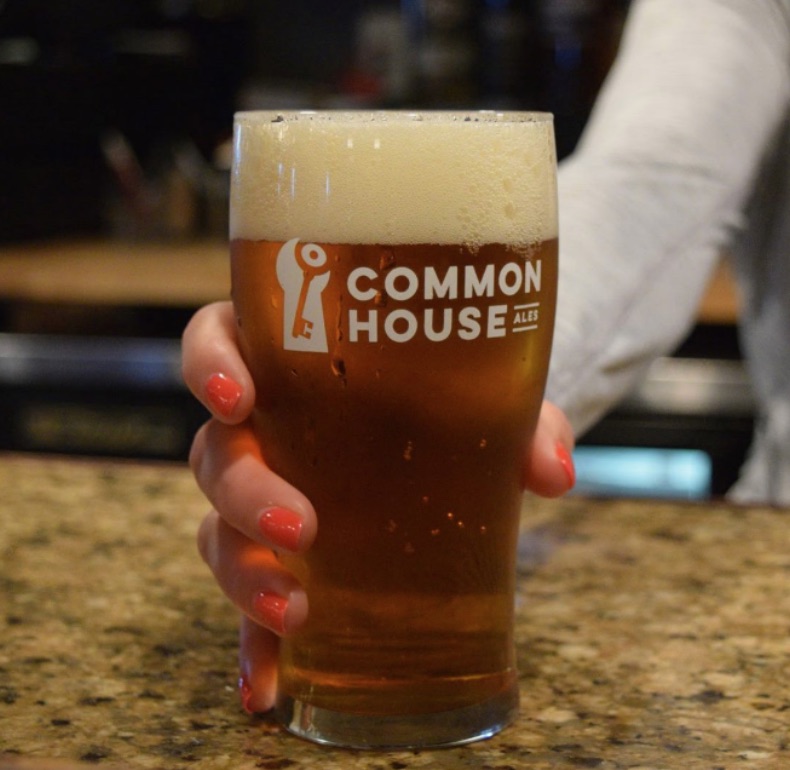Updated: Pandemic just one of multiple challenges shuttered Commonhouse Ales faced

Commonhouse Ales, 535 Short St, announced via Twitter yesterday, Jan. 5, that they suspended operations.
“Later today, we’ll lock the door to an empty building,” the post reads. “We tried. We came up short.”
Good Morning! For those of you who haven’t heard, Commonhouse Ales has suspended operations. Later today, we’ll lock the door to an empty building. We tried. We came up short. (Funny, we’re located on Short Street.)
— Commonhouse Ales (@commonhouseales) January 5, 2021
We’ll be here most of today. Stop by to say hello.
Cheers! pic.twitter.com/sMAisqN8O1
Founded by Lenny Kolada, Commonhouse Ales got its start when Kolada bought the old CBC brewery on Short Street and started a production brewery. Kolada also founded Barley’s and Smokehouse Brewing Company.
Kolada said his brewery faced multiple challenges.
“We were constantly taking one step forward, two steps back,” he said.
First, while Cleveland and Cincinnati markets tend to support their own breweries, the Columbus market not only supports Columbus brewers, but also ones in Cleveland, Dayton, and Cincinnati, which means more competition for local brewers trying to gain a foothold here.
“Distributor support was not there,” he said.
Commonhouse was approved to be sold in Central Ohio Krogers, but a complicated approval process with individual stores meant the deal never actually panned out.
The brewery faced challenges with distribution in bars and restaurants as well, Kolada said.
“It was rare, very rare, to find a beer buyer in those accounts who actually gave a damn about craft beer,” he said.
The pandemic presented more challenges.
In March, their distributor told them they wouldn’t be accepting any beer from any of their accounts. Beer ready to distribute was left sitting.
“We were left holding the bag,” Kolada said.
At the end of the summer, their distributor finally told them they would terminate their agreement.
Meanwhile, social distancing requirements and limited hours meant that foot traffic wasn’t high enough at bars and restaurants to consume Commonhouse Ales products.
“When you’re in a production brewery, volume matters. Turnover matters,” Kolada said.
Still, Kolada said he started his brewery with the intent to focus on charity, with the tagline, “Beer for Good”. A dollar from every six pack of their flagship beer, Six One for Good Ale, went to charity. Over the course of their four years in business, Commonhouse Ales raised $30,000 for the Columbus Foundation.
Kolada said his biggest disappointment is that his model for charity didn’t take off on a larger scale.
“I knew that we were trying something that was different,” he said. “We were the only ones who cared.”
Still, he said he’s not bitter over what happened. For now, he said, he’ll continue with Smokehouse Brewing Company, which is surviving in the pandemic environment.
“I’m just going to put all of my focus on that going forward for now,” he said.
BROUGHT TO YOU BY



